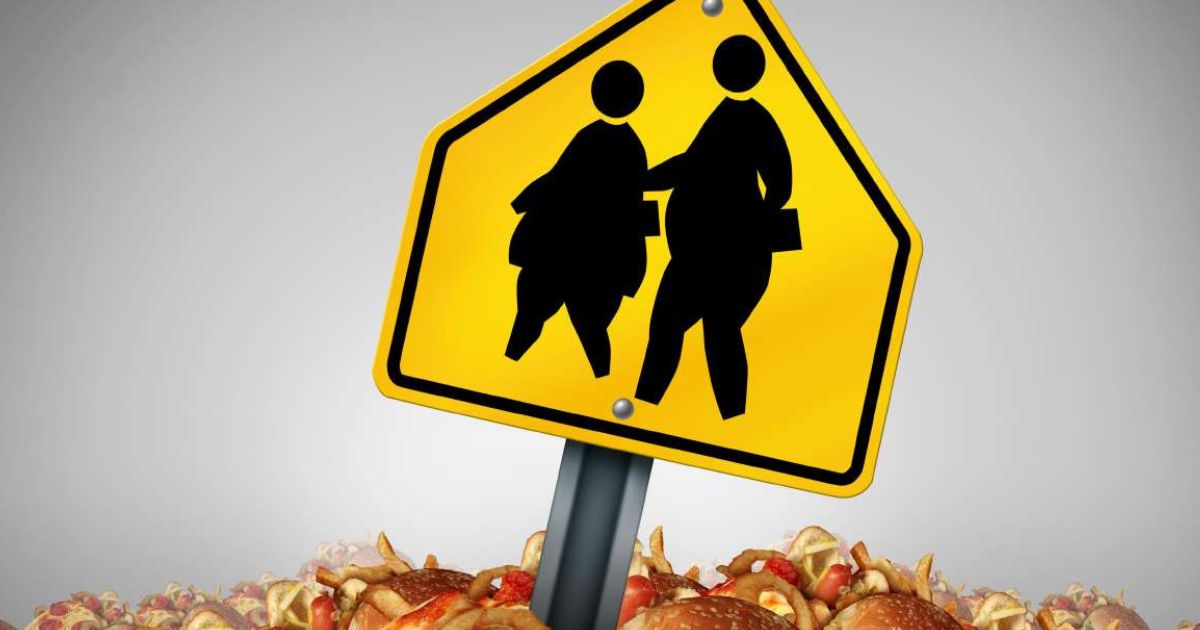In a groundbreaking move, a panel of U.S. experts has proposed intensive counseling for childhood obesity, emphasizing the promotion of healthy diet and exercise habits from the age of 6. The draft recommendation, issued by the government-backed U.S. Preventive Services Task Force, builds upon the 2017 suggestion to initiate screening for obesity at the age of 6.
Recent research has highlighted the efficacy of intensive behavioral interventions, defined as a minimum of 26 hours of counseling involving one or more health professionals, in achieving a healthy weight and enhancing the quality of life for children and adolescents.
Counseling for Childhood Obesity Is Much Needed
The new proposal, while not specifying a precise timeframe for these interventions, aims to address the pressing issue of childhood obesity in the United States.
Notably, the task force’s advice does not touch upon the use of medications like Novo Nordisk’s Wegovy, approved for children aged 12 and above, or surgical interventions. The panel acknowledged that more research is necessary to fully comprehend the long-term health outcomes associated with weight loss medications.
The recommended behavioral interventions constitute a comprehensive package encompassing physical activity, support for behavior change, and education on healthy eating.
Dr. Katrina Donahue of the University of North Carolina School of Medicine, a member of the task force, emphasized that these interventions may vary in their implementation across different cities due to local resource discrepancies.
However, the panel’s review, which incorporated data from 58 randomized controlled trials involving over 10,000 children, demonstrated the effectiveness of these interventions. Dr. Donahue stated that the interventions prove successful “as long as the child receives a total of at least 26 hours of contact with professionals.”
Assigning a “grade B” to the evidence supporting intensive interventions, the task force indicates a high level of certainty that these interventions would offer at least a moderate benefit. Results from the trials showed an average weight loss of 4 to 6.5 pounds, with these reductions maintained for at least one year.
Childhood obesity, defined as having a body mass index (BMI) higher than 95% of peers of the same age and gender, affects nearly 1 in 5 U.S. children and teenagers, according to the U.S. Centers for Disease Control and Prevention. This initiative aims to address a critical health concern impacting a significant portion of the nation’s youth.
The American Academy of Pediatrics, in alignment with the task force, supports lifestyle interventions involving 26 or more hours of “face-to-face, family-based, multicomponent treatment over a three- to 12-month period.” However, the academy has also advised pediatricians to consider weight-loss drugs for children aged 12 and older with obesity and to refer adolescents aged 13 and older with severe obesity for evaluation for metabolic and bariatric surgery.
Dr. Sarah Hampl of Children’s Mercy Kansas City and the University of Missouri-Kansas City School of Medicine, speaking on behalf of the American Academy of Pediatrics, emphasized the multifactorial nature of childhood obesity. Factors such as socioecological, environmental, and genetic influences contribute to the complexity of the issue.
Dr. Hampl stressed the importance of a careful evaluation and ongoing reevaluation of each child with obesity, considering the spectrum of the disease and the need for advanced treatments in some cases.
The draft recommendation from the U.S. Preventive Services Task Force is now open for public comment until January 16, providing an opportunity for stakeholders and the public to contribute their insights on this critical initiative aimed at addressing and preventing childhood obesity.








Leave a Reply
You must be logged in to post a comment.